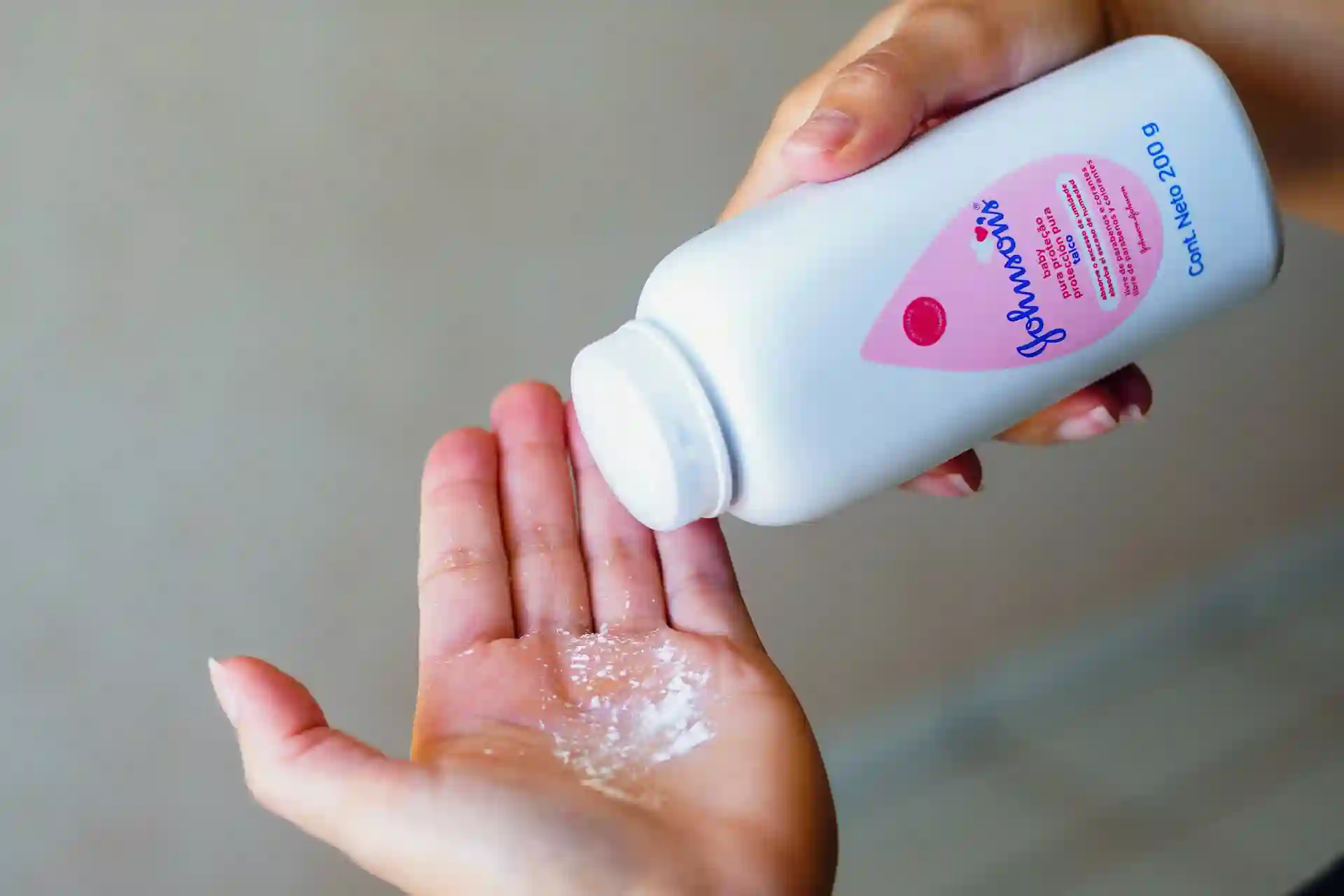Do You Have a Roundup Claim? Here’s What You Need to Know
If you’ve ever walked through a hardware store or nursery, you’ve probably seen Roundup on the shelves. This popular weed killer has been at the center of numerous lawsuits since 2015, when the World Health Organization (WHO) identified glyphosate, the main active ingredient in Roundup, as a potential human carcinogen. People exposed to glyphosate are at a higher risk of developing non-Hodgkin’s lymphoma, large diffuse B-cell lymphoma, chronic lymphocytic lymphoma, and other types of blood cancers.
If you’ve been diagnosed with one of these cancers after regular exposure to Roundup, you may be entitled to compensation. At Serling & Abramson, P.C., we help clients determine if they have a strong Roundup claim. Below is an in-depth guide on how to know if you have a valid Roundup claim and the factors that will affect your case.
The Current State of Roundup Lawsuits
Monsanto, the company that originally produced Roundup, has already settled nearly 100,000 lawsuits, paying out a staggering $11 billion in compensation. Yet, approximately 54,000 cases are still pending.
Factors Affecting Your Roundup Claim
If you are considering filing a Roundup claim due to illnesses like non-Hodgkin lymphoma, there are several factors that can strengthen or weaken your case. Here’s what you need to know about pursuing legal action and how Serling & Abramson, P.C. attorneys will evaluate the strength of your claim.
Did Monsanto Fail to Provide Adequate Warnings?
One of the major points of contention in Roundup lawsuits is whether Monsanto failed to warn consumers about the potential health risks associated with glyphosate. Many lawsuits allege that the company did not provide sufficient warnings about the risks of exposure to glyphosate and its connection to non-Hodgkin lymphoma and other cancers. Your Roundup claim will need to prove that Monsanto’s negligence or failure to warn directly contributed to your illness.
Was Roundup’s Product Design Flawed?
Another important factor is whether the design of the product itself contributed to your illness. This is crucial in proving that glyphosate or other ingredients in Roundup were inherently dangerous. A strong Roundup lawsuit may argue that the product design or formulation contributed to your illness, especially when the active ingredient is known to be harmful.
Can You Prove Exposure to Roundup?
To file a Roundup claim, you’ll need to present evidence of your exposure to the product. This can include invoices for landscaping services, store receipts showing Roundup purchases, or proof that you used Roundup weed killer regularly at work or home. The more detailed your evidence, the stronger your claim will be.
How Long and How Frequently Were You Exposed?
The length and frequency of your exposure to Roundup are key factors. Long-term exposure is more compelling than occasional use. If you worked in an industry, such as agriculture, that required regular use of glyphosate, your case will be stronger. Employment records can help establish the frequency and duration of exposure.
What Is the Latency Period Between Exposure and Diagnosis?
The latency period, or the time between exposure and diagnosis, is critical in Roundup claims. Studies suggest that non-Hodgkin lymphoma and other blood cancers linked to glyphosate exposure typically have a latency period of around two years. If your cancer diagnosis aligns with this latency period, your claim will be stronger.
Did Roundup Cause or Contribute to Your Illness?
Our attorneys at Serling & Abramson, P.C. will gather scientific and medical evidence to support your claim. This may involve referencing studies linking glyphosate to non-Hodgkin’s lymphoma or other cancers. Showing a direct causal connection between Roundup exposure and your illness is vital.
Do You Have Other Health Issues?
The fewer other health conditions you have, the better. Plaintiffs without pre-existing conditions such as a smoking history or exposure to other carcinogens will likely have stronger Roundup claims.
Non-Hodgkin Lymphoma (NHL)
Non-Hodgkin Lymphoma is a type of blood cancer that affects the lymphatic system, part of the body’s immune defense. It involves abnormal growth of white blood cells (lymphocytes), which can become tumors. NHL has various subtypes, including B-cell lymphoma, mantle-cell lymphoma, hairy-cell leukemia, and T-cell leukemia. Research has linked glyphosate, the active ingredient in Roundup, to an increased risk of developing NHL. Exposure to Roundup has been shown to lead to blood cancers, particularly among agricultural workers who regularly use the product.
Punitive and Compensatory Damages
When a Roundup lawsuit is successful, the court may award two types of damages: compensatory and punitive damages. Compensatory damages cover medical bills, lost wages, and pain and suffering, helping victims manage the financial burden caused by their illness. Punitive damages are designed to punish Monsanto (now owned by Bayer AG) for wrongdoing, particularly when evidence shows they were aware of the cancer risk but failed to issue adequate warnings to consumers.
Statute of Limitations
The statute of limitations refers to the legal timeframe within which a person can file a lawsuit. For Roundup claims, the time period begins once a cancer diagnosis has been made.
Lymphocytic Leukemia and Medical Bills
Lymphocytic leukemia is another type of blood cancer linked to glyphosate exposure. In Roundup cancer lawsuits, plaintiffs may claim compensation to cover their medical bills for treatments, including chemotherapy and radiation. Medical evidence is necessary to demonstrate that glyphosate was a contributing factor in developing their illness.
Conclusion
Roundup lawsuits involve complex legal and medical considerations. Serling & Abramson, P.C. is experienced in handling Roundup cancer claims and can help you navigate the legal process, from gathering medical evidence to negotiating settlements. Contact our experienced Roundup lawyers for a free consultation to determine your eligibility for compensation.




